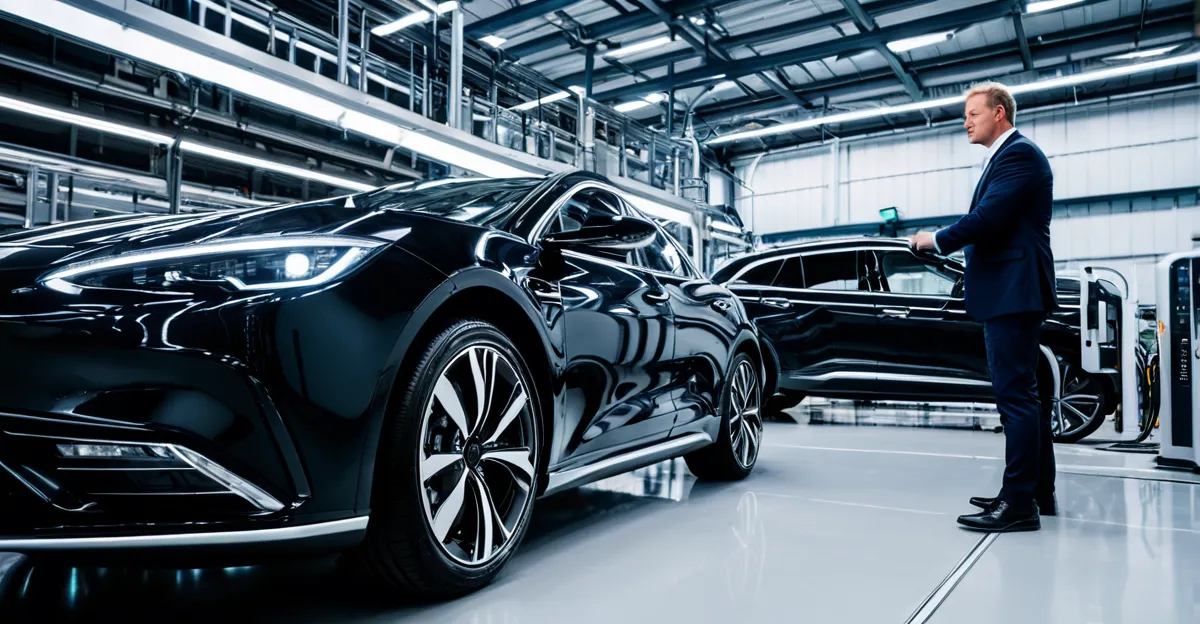Overview of Renewable Energy Integration in UK Automotive Production
Car manufacturers within the UK automotive industry are increasingly incorporating renewable energy into their production processes. This shift is driven by growing environmental concerns and stringent regulations, motivating companies to reduce dependence on fossil fuels. Renewable energy adoption supports not only cost reduction over time but also enhances brand reputation among eco-conscious consumers.
Key drivers for this transformation include ambitious sustainability goals set by corporations and the government’s push for greener manufacturing. Companies aim to align with net-zero targets, minimizing their carbon footprint. The integration of renewables reflects a commitment to sustainable growth, ensuring long-term operational viability.
Also to see : What Are the Future Challenges Faced by the UK Automotive Industry?
By transitioning production processes to renewables, such as solar and wind power, manufacturers are reshaping their energy supply models. This transition helps reduce energy costs while supporting environmental objectives. Ultimately, embedding renewable energy into the manufacturing cycle is becoming a strategic priority for UK automakers, marking a significant move toward a cleaner, more sustainable future in automotive production.
Types of Renewable Energy Used by UK Automotive Manufacturers
The UK automotive industry increasingly leverages diverse sources of renewable energy in its production processes. Notably, solar energy is widely adopted, with many facilities installing photovoltaic panels on rooftops to generate electricity. This approach offers direct renewable electricity supply, reducing reliance on grid power and lowering operational costs.
Also to read : What Are the Latest Trends in UK Automotive Safety Technologies?
Simultaneously, wind energy contributes significantly. Some manufacturers contract wind farms or enter power purchase agreements to ensure renewable electricity powers their factories. Wind energy’s scalability suits large automotive manufacturing sites that require substantial energy loads.
An emerging trend is the exploration of hydrogen fuel and power within automotive production lines. While still nascent, hydrogen offers promising potential as a clean energy vector, particularly for reducing emissions where electrification faces challenges. Integrating renewable hydrogen could future-proof production processes against stricter sustainability targets.
Together, the combination of solar, wind, and hydrogen enables flexible and resilient energy strategies. This diversified renewable electricity approach aligns with the sector’s goals of sustainability and cost efficiency, reinforcing the transition toward greener automotive manufacturing in the UK.











